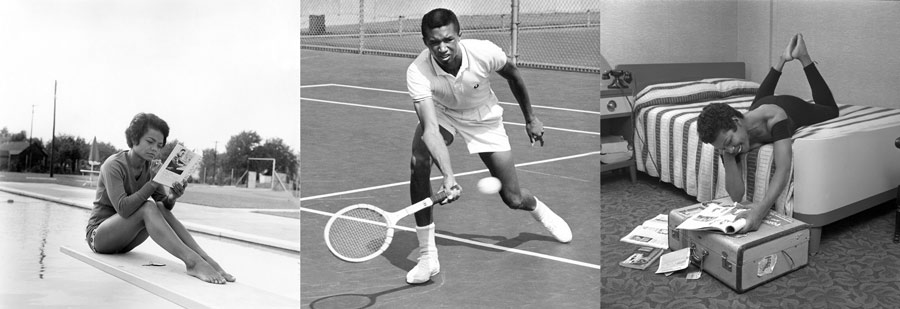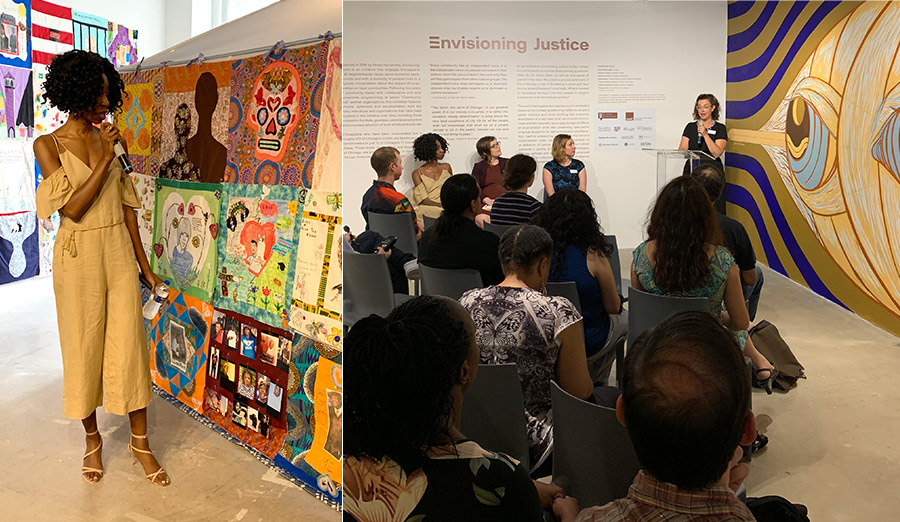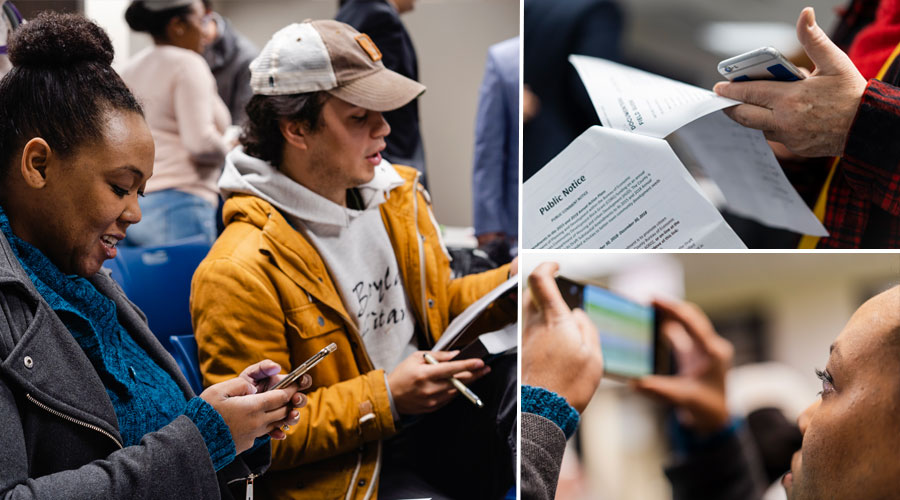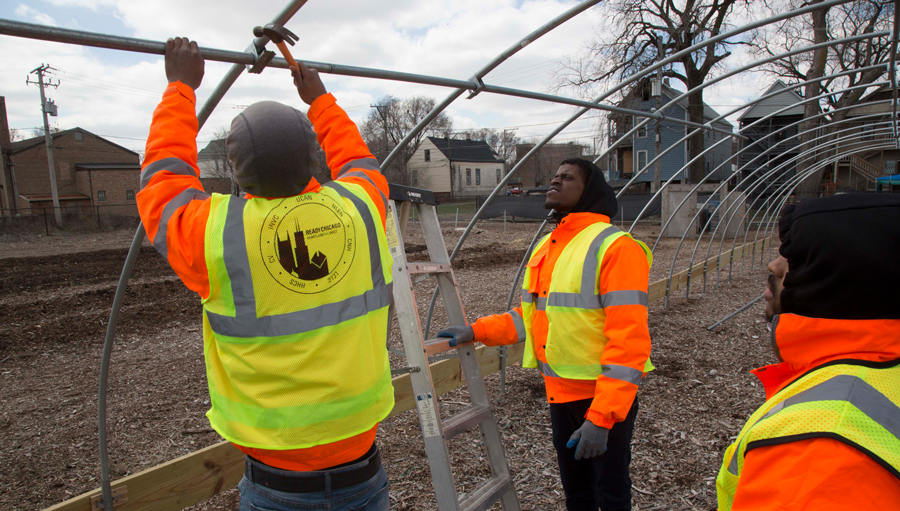John Palfrey, President of the MacArthur Foundation, shares our commitment to justice in Chicago.
I joined the MacArthur Foundation five months ago with great excitement about calling the city of Chicago my new home. While visiting the Foundation in the spring and summer of 2019, I saw the great pride the Chicago-based staff take in their city. Now that I have had the opportunity to see the work up close, listen to the insights learned, and feel the impact of organizations serving residents all across the city—I share the deep personal commitment to advance our shared goals for a more equitable and just Chicago.
Some people expressed concern that a new MacArthur President without roots in the city would shift focus away from the Foundation’s current commitments to its hometown. Let me assure you that MacArthur’s Board, staff, and I remain committed to Chicago and the metropolitan area. Last year, we awarded 99 grants totaling $20.5 million. In fact, since our founding, MacArthur has invested $1.4 billion in over 1,600 organizations and individuals in Chicago and the region, more than in any other location around the world.
The year of 2019 held many auspicious moments for Chicago. Voters elected Lori Lightfoot mayor, in a historic election runoff between African-American women. Gun violence, which spiked in 2016, is decreasing—though it is not rapid enough, we are seeing progress. A consent decree between the City of Chicago and the Illinois Attorney General will address the decades-long history of racism in the Chicago Police Department and support the department’s efforts to reform many of its internal policies and practices. The city saw another year of population decline and struggles to ensure resources are available in all neighborhoods. The media continues to walk a tightrope between expansion at the community level, with new outlets bringing energy and rigor to local reporting, and contraction or consolidation of long-established outlets diminishing the breadth of reporting we need in a vibrant democracy. These topics and themes inform the grantmaking of the Foundation’s programs that work in the metropolitan area.
Our work in Chicago also embraces the Foundation’s commitment to what we call the Just Imperative, an initiative rooted in the belief that justice is reflected in values of diversity, equity, and inclusion. Through the Just Imperative, we are reviewing all of the Foundation’s policies and practices to ensure we lead with justice, including the process of recruiting and hiring staff, whom we entrust to invest our endowment, and how we design our grant programs.

In the days before I officially joined the Foundation, I was privileged to assist my predecessor, Julia Stasch, in cooperating with the Ford Foundation, the J. Paul Getty Trust, the Andrew W. Mellon Foundation, and the Smithsonian National Museum of African American History and Culture (NMAAHC) to acquire the archive of Johnson Publishing Company, publisher of the iconic Ebony and Jet magazines. The archive includes more than four million prints and negatives comprising the most significant collection of photographs cataloging African-American life in the 20th century. The foundations have jointly pledged to donate the archive to the Smithsonian NMAAHC, the Getty Research Institute, and potentially other leading cultural institutions to ensure that it is available to the public. We are thrilled to begin to share the rich history contained in the archive with a public event later this year in Chicago. Stay tuned for more information.
Within our Chicago Commitment team, we made a significant shift in 2019 to bring equity into the center of our support for arts and culture. As Senior Program Officer Cate Fox described in a Perspectives piece, we recognized that our long-standing grant guidelines had “the unintended consequence of excluding significant parts of the city’s population and a variety of art forms and genres that contribute to the richness of the cultural sector.” In response, we developed a new program, Culture, Equity, and Arts, that “reflects the intrinsic value that the arts bring to the city, including developing human potential, building empathy, encouraging individual identity and empowerment, and bridging divides between communities.” The new approach shares power with community members by inviting a panel to engage in a participatory grantmaking process and recommend slates of awards to the Foundation. The first set of grants under the new approach will be announced this spring.
In recent years, we heard a call to promote and elevate the voices of community leaders and to provide them with unrestricted support to pursue individual goals and personal growth. In response, we launched a new initiative with the Field Foundation, called Leaders for a New Chicago. As described by the Field Foundation, the first class of awardees will help “to retell the story of what a leader looks like—and it looks like Chicago. Women, men and gender nonconforming—LGBTQ and African, Latinx, Asian, Arab and Native American (ALAANA). Leaders are of a wide range in age and experience and they represent and speak to our city’s unique history.” Beyond this program, and across all our work, we strive to support diverse leadership because we believe that their influence will inform and improve decisionmaking across the city.

Envisioning Justice, a multi-year project invited residents to reimagine the criminal justice system by asking, “What happens when you center the voices of those most directly affected by the criminal legal system to reimagine justice using the arts and humanities?” Supported by our Criminal Justice team, and executed by Illinois Humanities and a number of neighborhood-based partners from across the city, Envisioning Justice culminated in a fall exhibit that reflected the broad community involvement in the initiative.

Photos by Pat Nabong
City Bureau reporters in action








